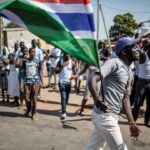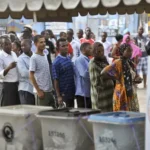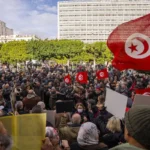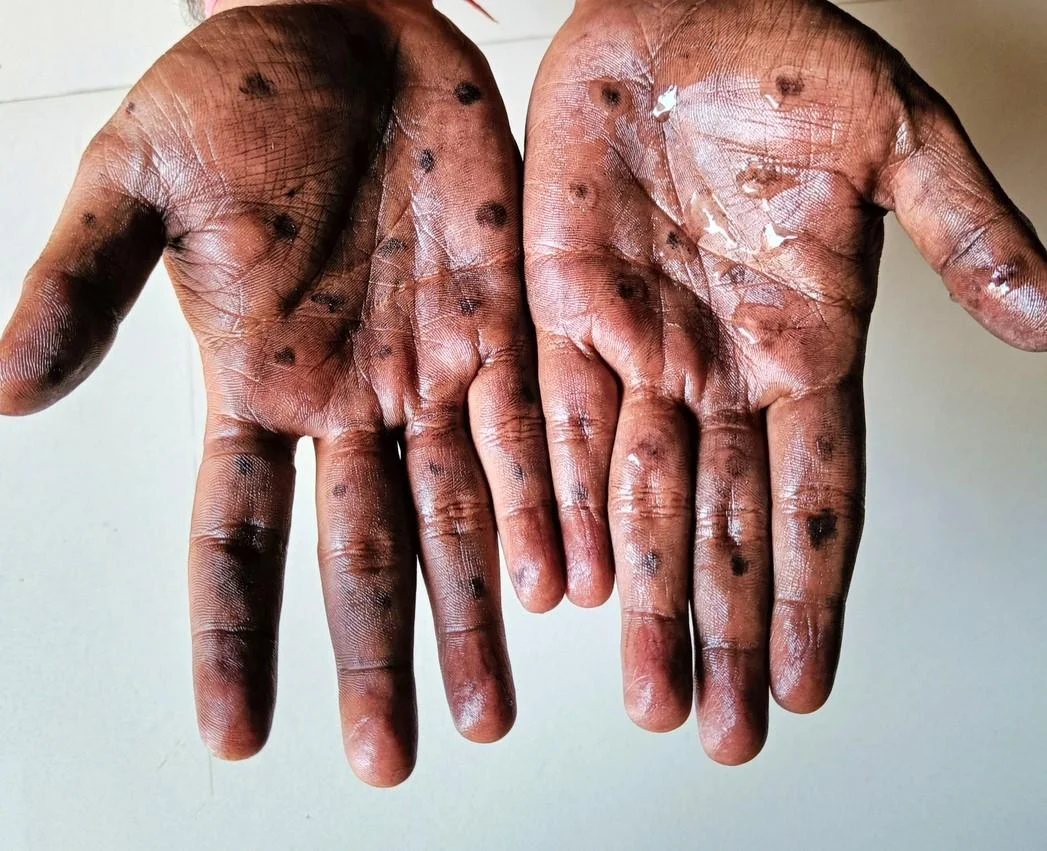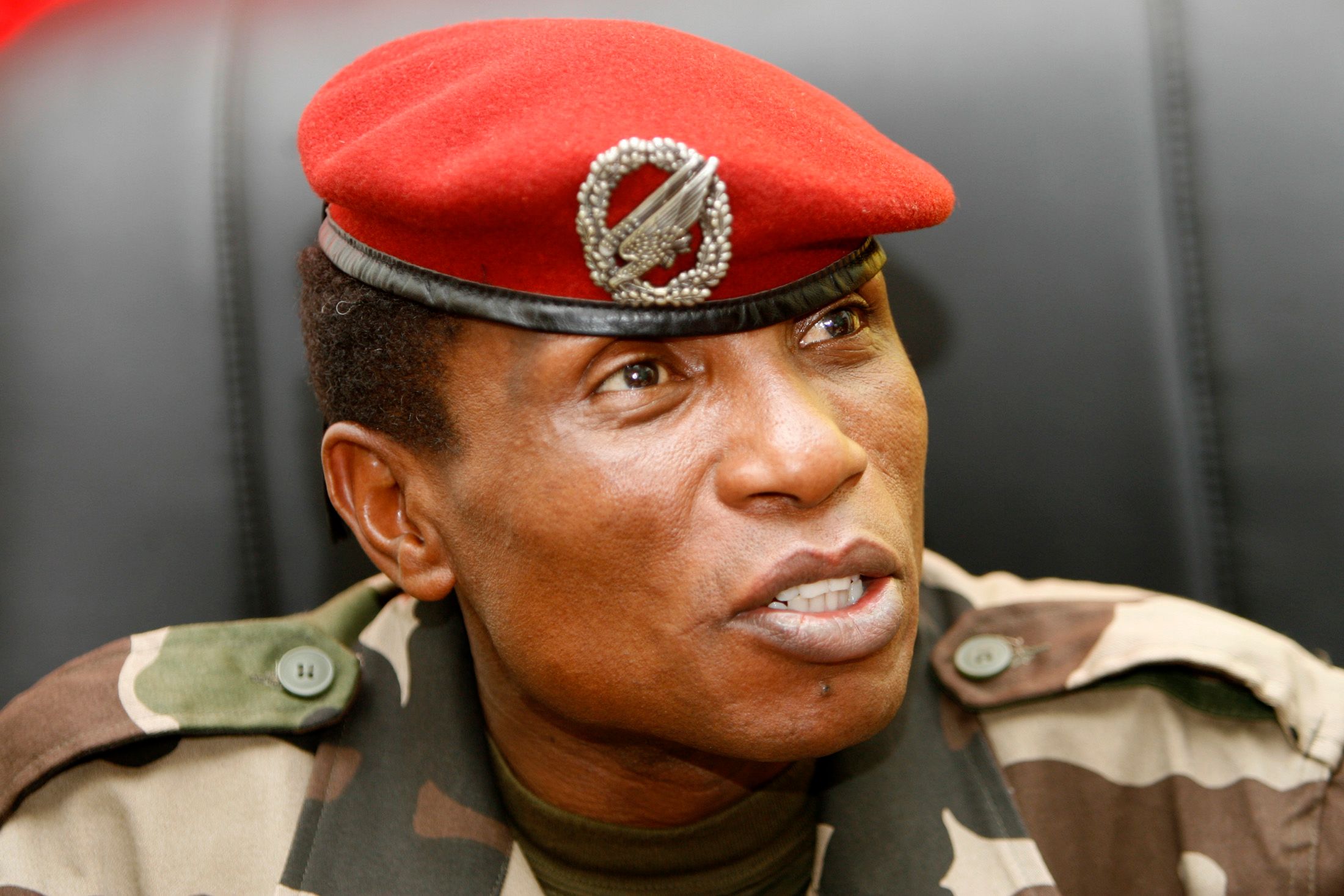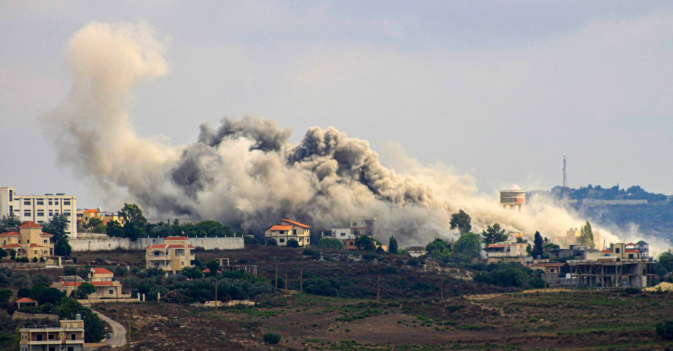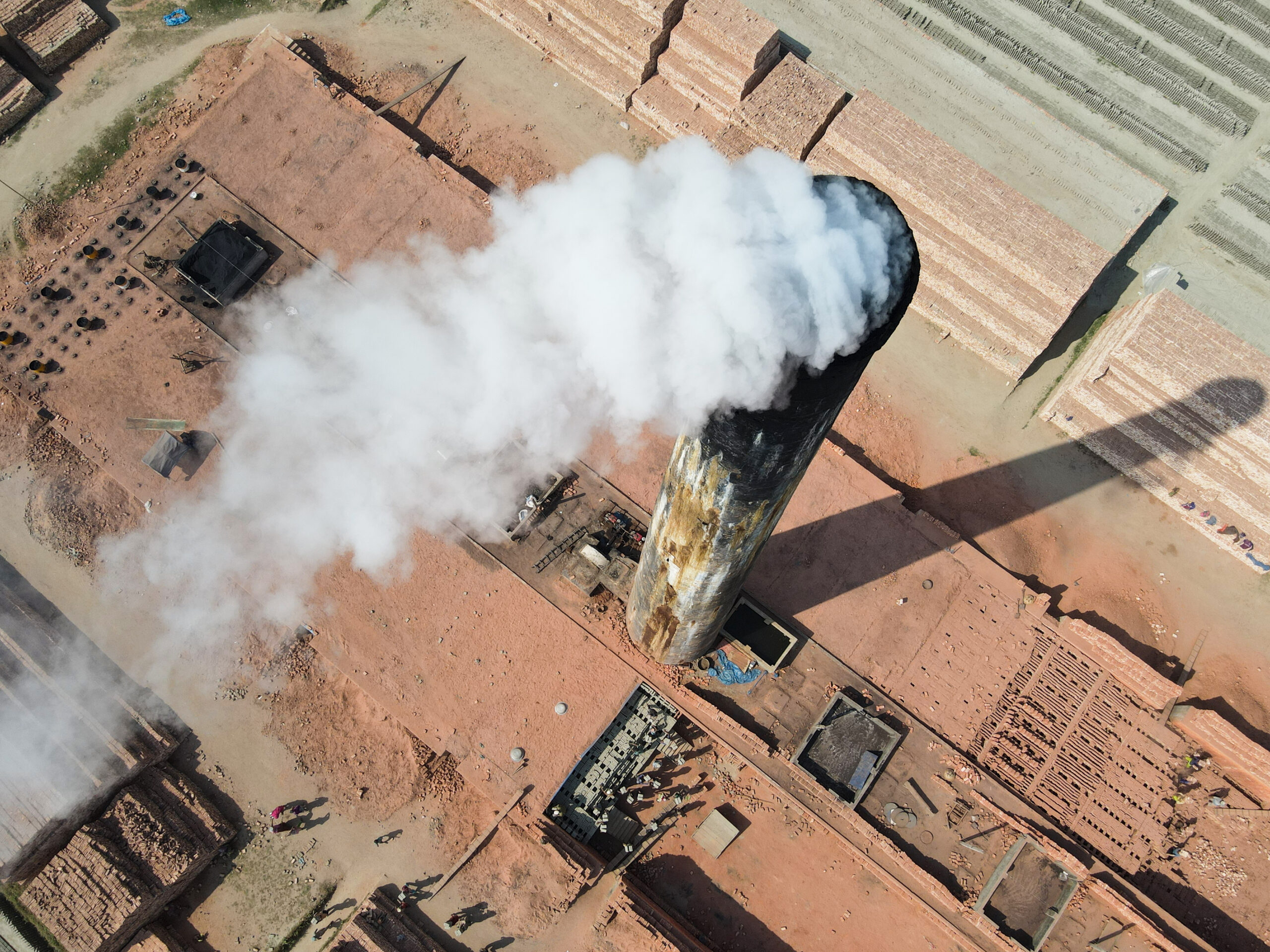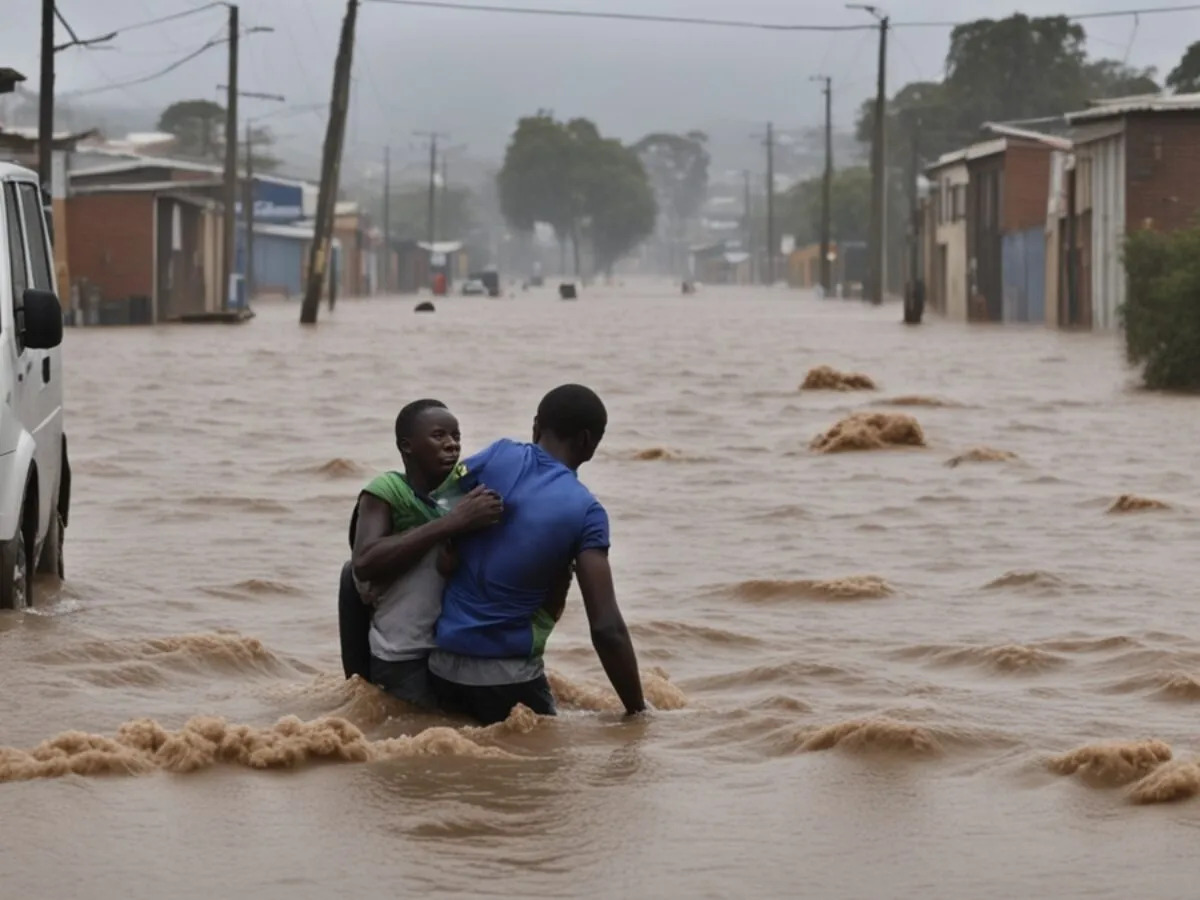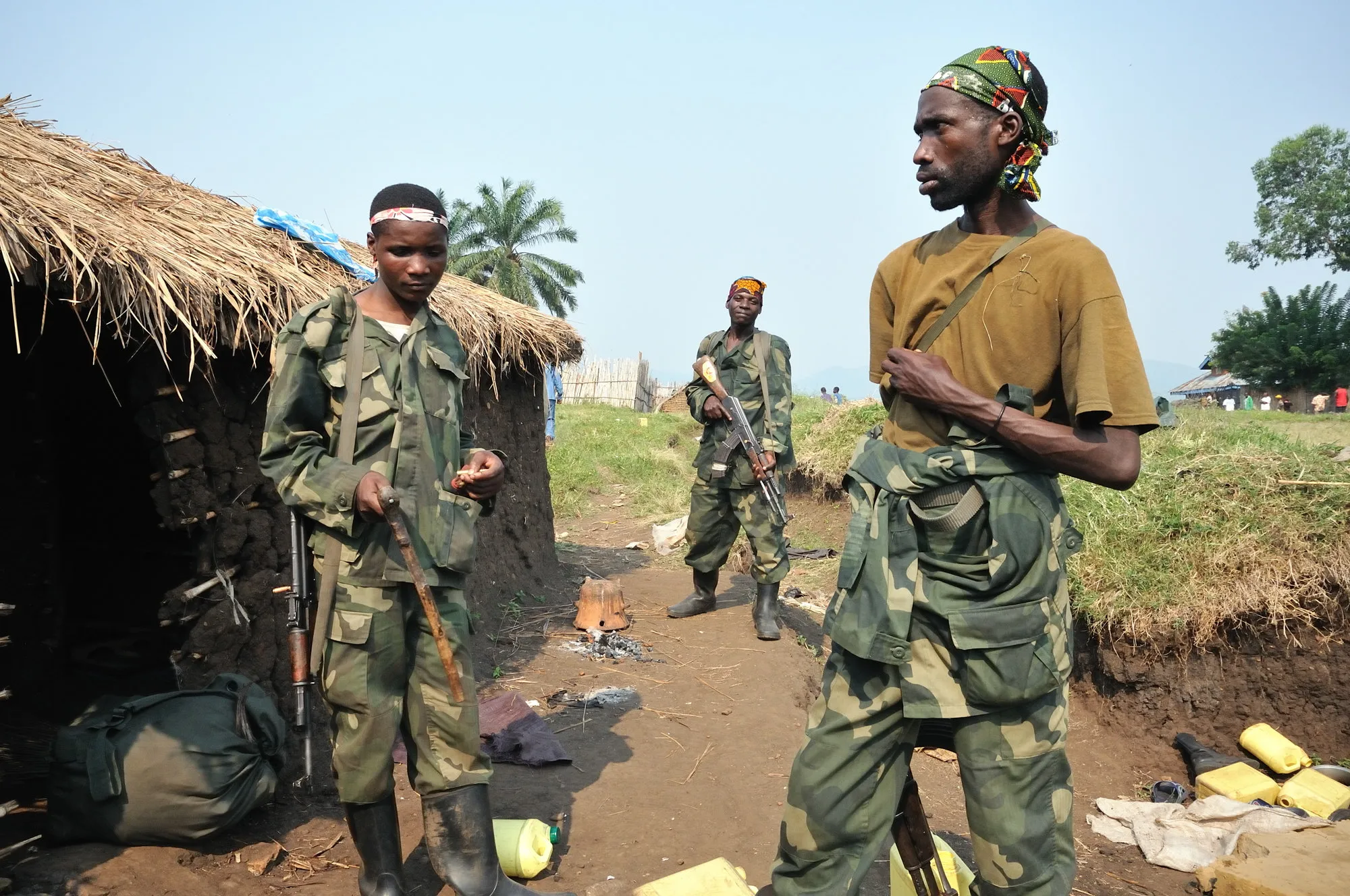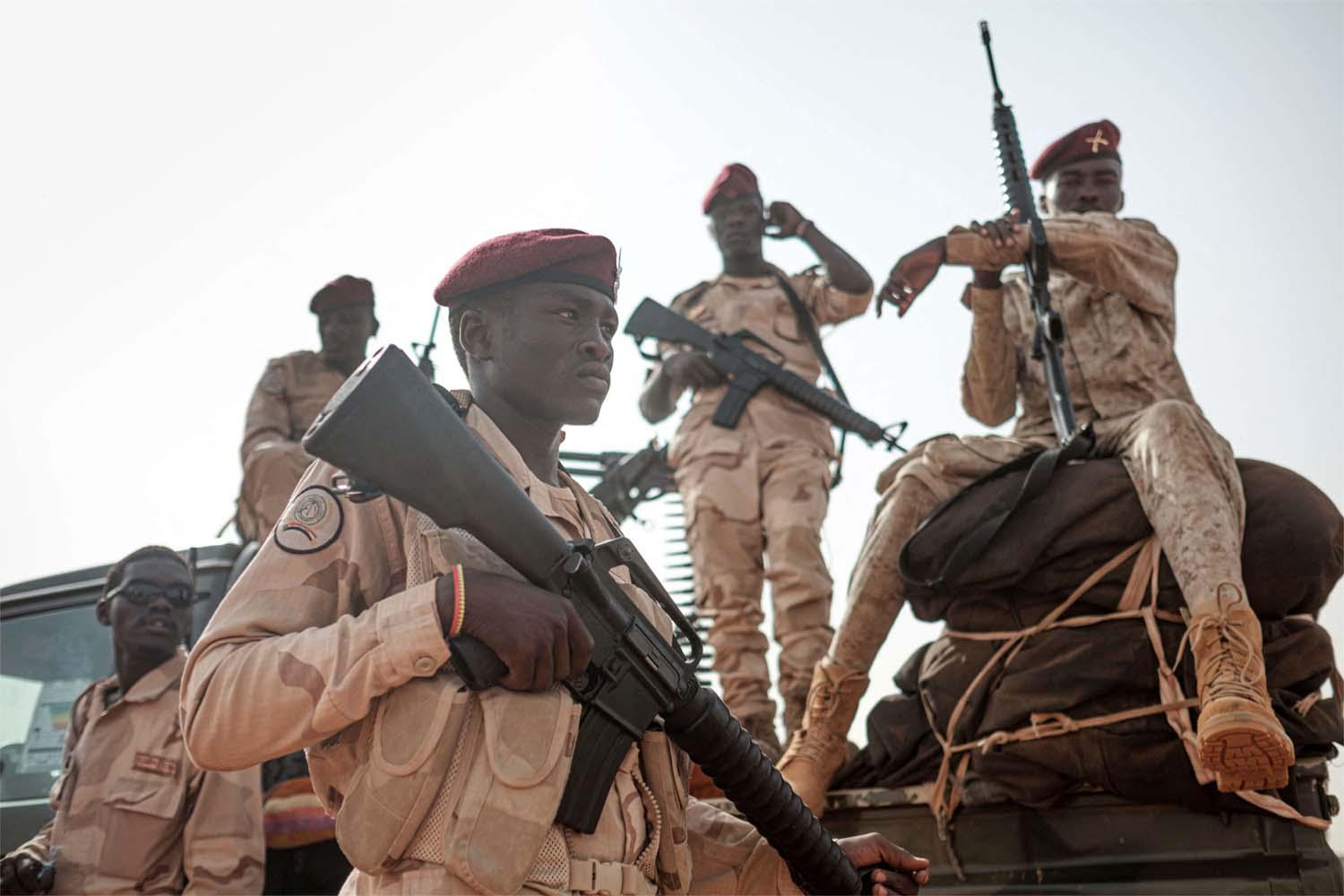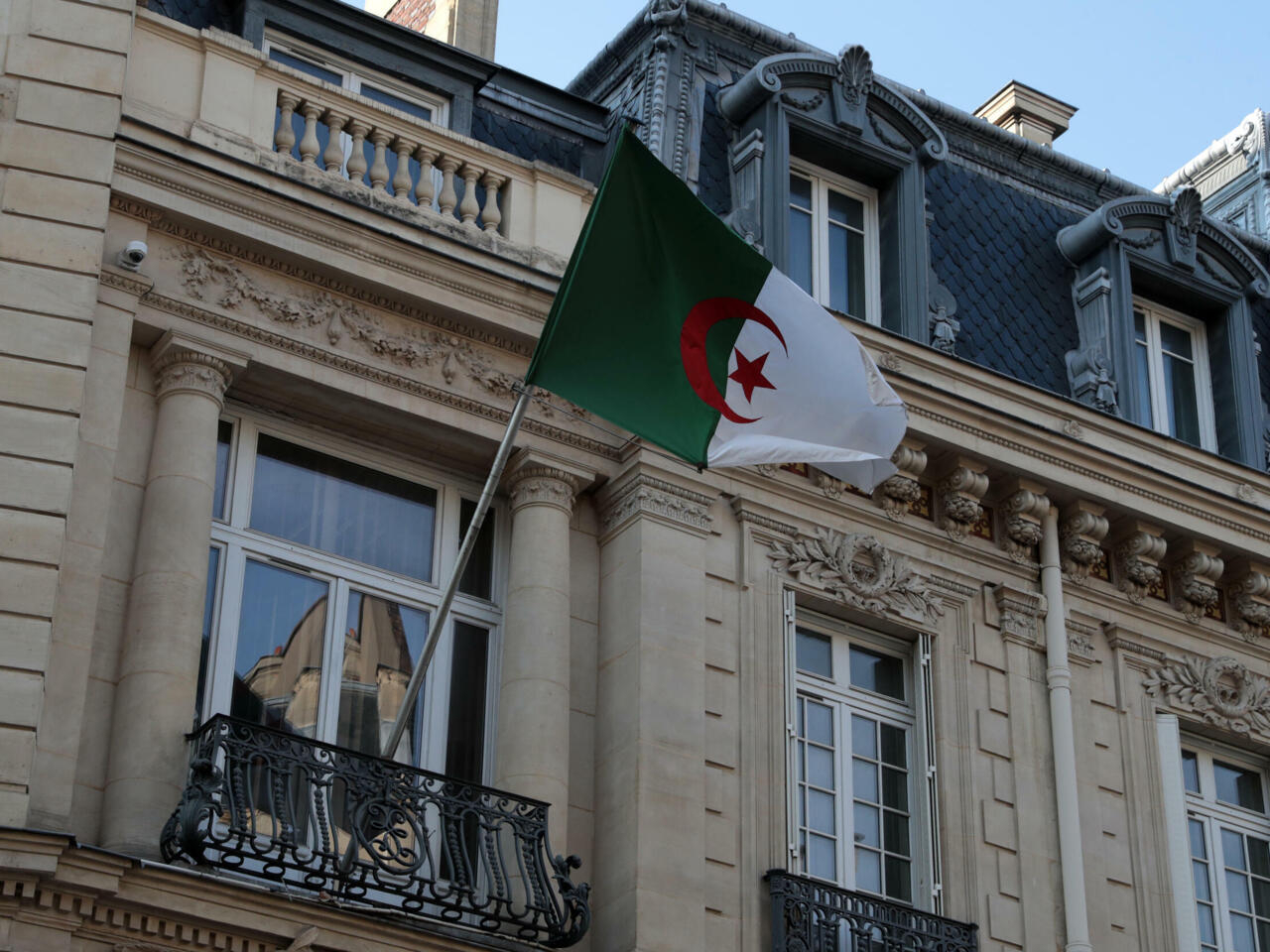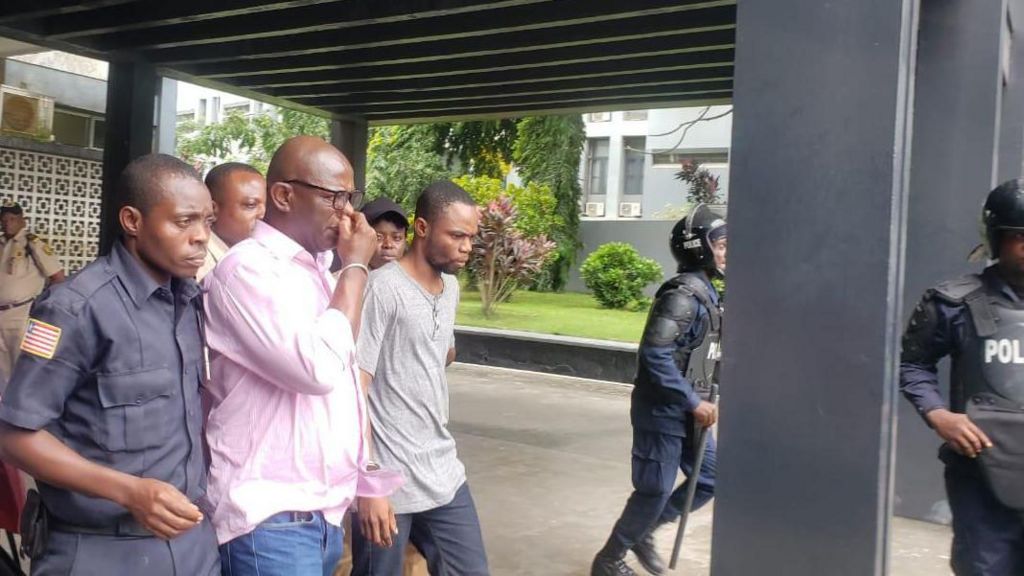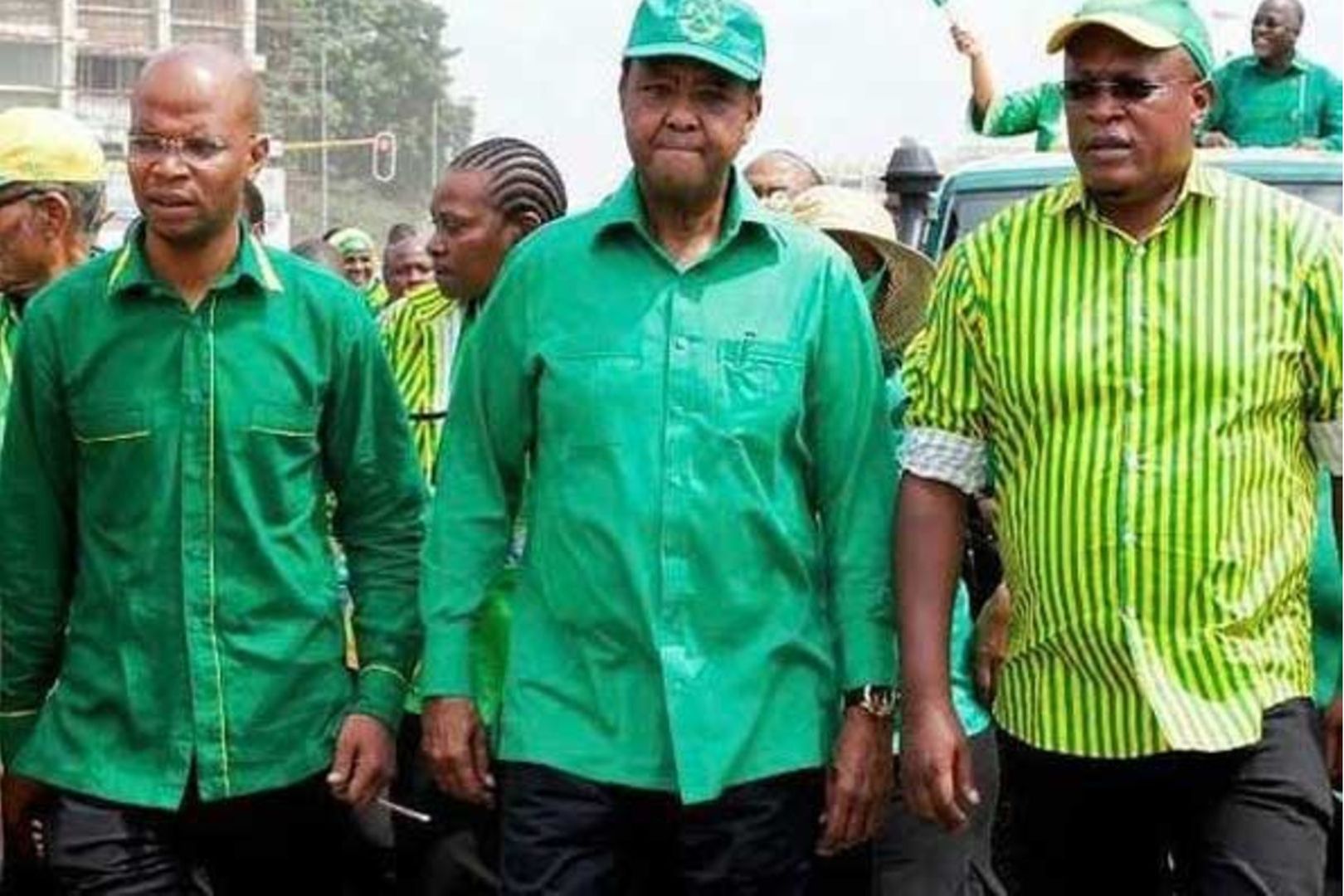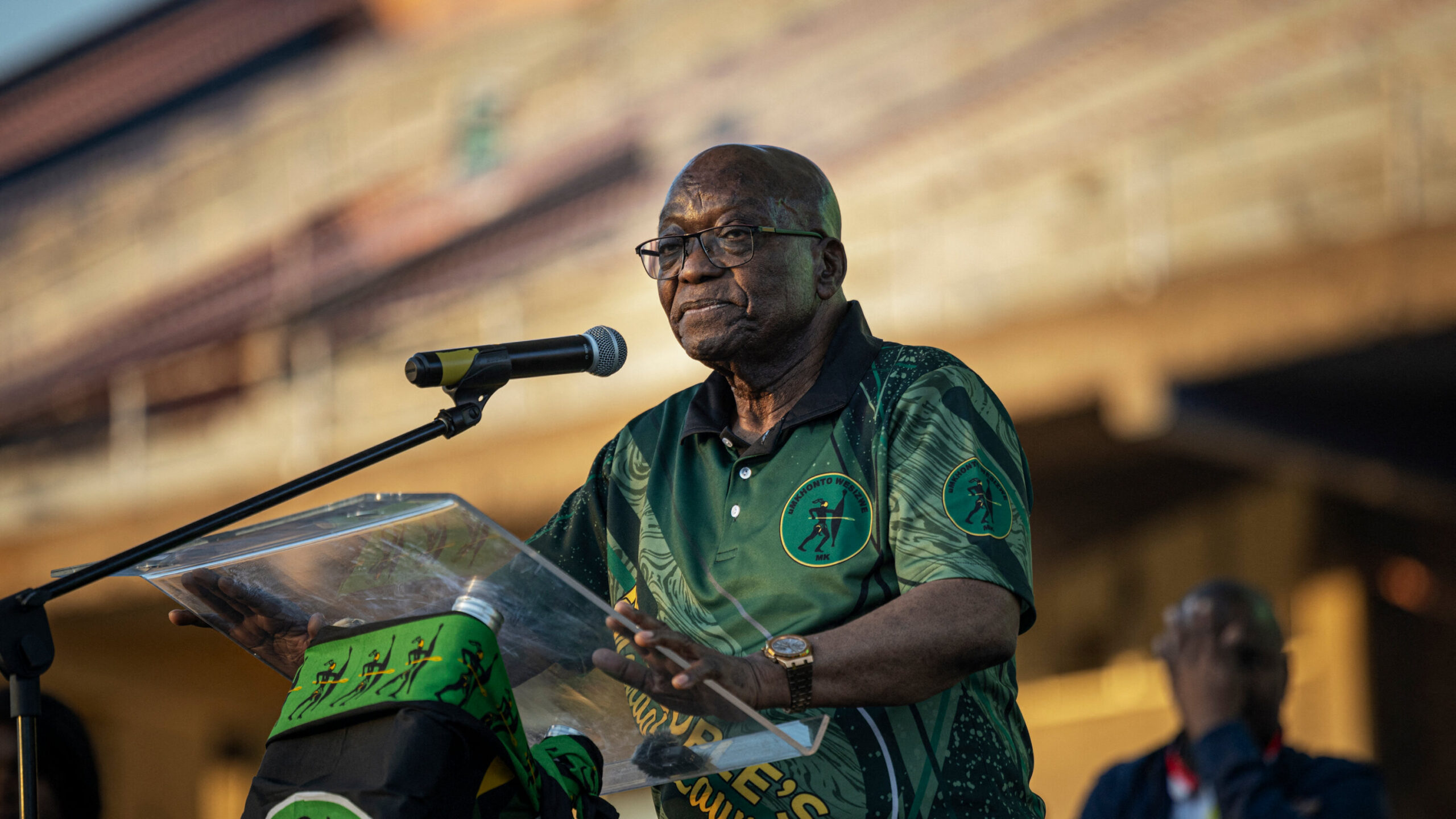South Sudan faces UN outrage over killings
The United Nations has expressed deep concern over a surge in extrajudicial executions in South Sudan, including the killing of a child by firing squad.
Mpox outbreaks emerge in Kenya and Central African Republic
Mpox is making a comeback in Africa with new outbreaks in Kenya and the Central African Republic.
Dadis Camara sentenced to 20 years in Guinean court verdict
Guinean court has sentenced former dictator Moussa Dadis Camara to 20 years in prison for crimes against humanity in connection to a 2009 political rally massacre.
Five children killed in South Africa school bus crash
Authorities are investigating the cause of the crash while the nation mourns the loss of young lives.
Agribusiness boom in Africa: Startups lead with tech solutions
Agribusiness in Africa is experiencing a rapid transformation as a wave of technology-driven startups emerge
Kenyan court orders $3.4m payout for Garissa attack victims
The court ruled that the state failed to protect students from the al-Shabaab attack.
HRW lambasts Tanzania of Maasai evictions
World Bank and European Union have suspended funding to Tanzania over the forced displacement of Maasai people.
RSF says political deal a must before forces can vacate gov’t buildings
His remarks come in the wake of recent talks in Geneva between the RSF and the forces of General al-Burhan (SAF)
Drone strike hits Sudanese base during SAF General Burhan’s visit
The strike resulted in five fatalities
Nigerian singer and actress Onyeka Onwenu dies at 72
Onwenu’s illustrious career spanned music, film, journalism, and politics
Genocide survivor reflects on faith and resilience 30 years later
Thirty years ago, Pascal Kanyemera, then a teenager hiding from the machetes that claimed his father, two brothers, and around 800,000 others during the Rwandan genocide, made a pact with God. “If I survive one more week, I will give you 100 Rwandan francs,” he prayed. God listened, and Kanyemera, now 46 and living in Ottawa, Canada, kept his promise, paying 400 Rwandan francs in total. “It shows how much I trusted in His protection,” he says. Kanyemera’s grandmother, uncles, and cousins were among the thousands of Tutsis killed by Hutu extremists in the genocide, which began on April 6, 1994, when a plane carrying President Juvénal Habyarimana was shot down. Hutus blamed the Tutsis for the attack, leading to widespread massacres with military and police support. Kanyemera, hiding in a school, learned of his family’s deaths only after he was reunited with his mother and sisters in a French-controlled refugee camp in late May. Survivors like Kanyemera and Frida Umuhoza, who witnessed her mother’s beheading and survived brutal attacks, recount their harrowing experiences. Umuhoza, in her book Chosen to Die: Destined to Live, describes her ordeal and how Christian faith helped her forgive. Another survivor, Immaculée Ilibagiza, survived 91 days hiding in a pastor’s bathroom, finding solace in prayer. Kanyemera, now president of the Humura association supporting genocide survivors, attributes his survival to divine intervention. Despite the dangers, including Hutu militias patrolling the school where he hid and planned attacks on refugee camps, he survived. Many survivors, despite the pain, continue to share their stories, educate younger generations, and write about their experiences to prevent future genocides. Tarcisse Ruhamyandekwe, who lost family members in the genocide, emphasizes the importance of remembering and honoring those who perished. He reflects on the brutal nature of the killings and the discrimination Tutsis faced, which started early in life with enforced identification. Ruhamyandekwe, who fled to Congo in 1985 to escape rising violence, recalls the long-standing animosity that fueled the genocide. Despite the challenges, he has preserved memories of his childhood home in Rwanda and shares his experiences with his children. Writing and faith have been his sources of solace and expression. “In my book, I talk about what I call the invisible hand of God,” he says. “Some call it luck, but I believe it was divine guidance.” For Ruhamyandekwe, remembering and teaching future generations about the genocide is crucial for reconciliation and honoring the memory of those lost.
Africa feels climate change effects more severely
The impacts of climate change on livelihoods are varying significantly across regions, with the most vulnerable areas, including many African countries, experiencing severe daily disruptions. According to the Intergovernmental Panel on Climate Change (IPCC), African countries, despite contributing minimally to greenhouse gas emissions, are among the hardest hit by human-induced climate change. Factors such as high dependence on rain-fed agriculture, inequitable access to financial resources, and weak adaptation capacity contribute to the heightened impact. The ND-GAIN index highlights that nine out of the ten most vulnerable and least resilient countries to climate change are in Africa, including Chad, the Central African Republic, Guinea-Bissau, Eritrea, the Democratic Republic of the Congo, Sudan, Niger, Zimbabwe, and Liberia. Climate change is causing rising ocean levels that threaten Africa’s coastal metropolises with reduced land area, increased coastal flooding, and stronger storm surges. The African coastline has been experiencing a steady rise in sea levels for the past four decades. Experts predict that if this trend continues, sea levels could rise by 0.3 meters by 2030, affecting 117 million Africans. The survival of Africa’s coastal ports, which handle an estimated 90% of the continent’s import and export trade, is at risk. This poses a concern for Africa’s rapidly growing population and urbanization in coastal areas. Rising sea levels reveal the stark and destructive impact of global warming on a continent already facing rapid population growth and land pressure. Coastal cities are also facing increased public health risks due to rising groundwater levels and the transformation of urban areas into wetlands. In addition, rising sea levels are causing severe flooding and erosion. The World Bank estimates that erosion, flooding, and pollution are causing approximately $3.8 billion in annual damage along 56% of the coastline in Benin, Ivory Coast, Senegal, and Togo. Alexandria, located in the Nile Delta, is among the densely populated coastal cities at risk of being submerged within 30 years. A sensitivity assessment for Alexandria, Rosetta, and Port Said predicts that a 0.5-meter rise in sea levels by 2050 could displace over 2 million people, result in 214,000 job losses, and cause over $35 billion in damages. A 1-meter rise could lead to $50 billion in damage solely in Alexandria. In Lagos, Nigeria, a city of over 20 million people, the total annual cost of river and water flooding is estimated at $4 billion. Some forecasts suggest that a 3-degree increase in global warming could force one-third of Lagos’s population to relocate due to rising sea levels. The World Bank reports that Dakar, Senegal, has $39 billion worth of economic assets vulnerable to flooding. The city of St. Louis in Senegal is disappearing under rising waters, displacing many residents. Mozambique’s coastal cities are also at risk, situated along a cyclone path that is expanding and intensifying due to rising sea surface temperatures.
Flooding in Eastern Sudan’s Kassala province displaces residents
Flooding in Kassala Province, eastern Sudan, has exacerbated the plight of displaced individuals seeking refuge there. In the Industrial School area, one of Kassala’s largest displacement camps, residents are urgently appealing for aid. Ali Abdul Jabbar, an internally displaced person from Sennar, shared his situation: “We’ve been here for 20 days after fleeing Sennar. The rain and water conditions are evident. We’re facing issues with our accommodations, but once they’re repaired, we’ll move in. We urge authorities to address these conditions swiftly.” Another displaced resident, Merwan Abood from Sennar, described the situation as dire and called for immediate assistance: “I urge all compassionate individuals in Kassala, Sudan, and beyond to provide essential supplies such as equipment, shelter, blankets, clothing, and medicine.” In Kassala, people are navigating knee-deep floodwaters, holding onto their salvaged belongings, while some have resorted to resting on dry ground after abandoning their partially submerged tents. According to the Sudanese Ministry of Health, at least 12 people have died due to the flooding that began on Saturday, which has submerged homes and tents. The crisis follows last year’s upheaval in Sudan, where clashes between the military and the RSF in Khartoum and other regions led to widespread violence. The U.N. reports over 14,000 deaths and 33,000 injuries from the conflict, though activists believe the figures may be higher. This ongoing conflict has resulted in the largest displacement crisis globally, with over 11 million people displaced from their homes.
Guinea protesters clash with police over activists’ disappearance
Violent clashes erupted in Guinea’s Conakry as protesters demand the release of two missing pro-democracy activists.
Ceasefire agreed in eastern Congo after Angola talks
The ongoing conflict in eastern Congo shows signs of easing as the DRC and Rwanda agree to a ceasefire mediated by Angola.
RSF blames Burhan’s army for sabotaging Sudan peace talks
Sudan’s RSF calls for an end to the war and demands al Burhan-controlled SAF participate in the Geneva negotiations to address the humanitarian crisis.
Ghana passes law to boost women’s role in governance
Ghana has passed a new law to increase women’s participation in government and decision-making to at least 30% by 2030.
HRW calls for release of Cameroonian TikToker facing charges
Cameroon is under fire for arresting a TikTok activist who peacefully called for democratic reforms.
Algeria recalls ambassador to France over Western Sahara stance
The long-standing Western Sahara conflict escalated as France threw its weight behind Morocco’s autonomy proposal, triggering a diplomatic rupture with Algeria.
Football’s enduring popularity in Africa: A continent’s passion
Football (soccer), holds a special place in the hearts of millions across Africa
Arrest warrant issued for Liberia’s ex-finance minister
Tweh and former FIA chief Stanley Ford have not yet been arrested, as the police are unsure of their whereabouts
African Union condemns eviction of Batwa people
A landmark decision by the African Union condemns Congo’s forced eviction of the Batwa people from their ancestral home to protect a national park.
Libya repatriates over 300 migrants to Nigeria, Mali
Libya repatriated hundreds of migrants to Nigeria and Mali, including women and children, despite claims of forced deportations.
Tiffany Haddish defends Zimbabwe video after backlash
Haddish, who is half-Eritrean, first visited Eritrea in 2018, where she praised long-time ruler Isaias Afwerki, despite criticisms of his authoritarian rule
France backs Moroccan sovereignty over western Sahara
The conflict, which dates back to 1975, pits Morocco, claiming Western Sahara as its territory, against the Algeria-backed Polisario Front, which seeks independence for the region
Tanzania vice president Kinana resigns from office
Tanzania’s Vice President Abdulrahman Kinana has resigned from his position. The ruling Chama Cha Mapinduzi (CCM) party released a written statement confirming Kinana’s resignation. The statement also noted that President Samia Suluhu Hassan asked Kinana to continue in his role following his resignation, but Kinana remained adamant about stepping down. Kinana had been serving as Vice President since April 2022. In related news, on July 22, President Hassan had removed Foreign Minister January Makamba and Minister of Information, Communication, and Information Technology Nape Nnauye from their posts as part of a cabinet reshuffle.
Zuma expelled from ANC amid criticism
Despite publicly denouncing the ANC and leading the MK to a third-place finish in the parliamentary elections, former president Jacob Zuma maintained that he remained a member of the ANC. However, the party formalized his expulsion on Monday. ANC Secretary General Fikile Mbalula criticized Zuma’s stance, questioning the rationale behind his continued claim to ANC membership after deliberately choosing to leave the party. “We are puzzled by your insistence on retaining membership in a party you’ve clearly decided to abandon. Your actions have compromised the ANC’s integrity,” Mbalula stated at a press conference. “You’ve played a significant role in our decline below the 50% threshold, and we’re now dealing with the fallout from your actions.” Zuma, who joined the ANC Youth League in 1959 and eventually rose to become the party leader, had maintained substantial political influence even after leaving office. Mbalula emphasized the party’s commitment to discipline, noting, “Regardless of rank, if someone violates the rules and constitution, we have a duty to enforce discipline. It’s unprecedented for a former president to face such disciplinary action, but it’s necessary.” In response to the expulsion, Zuma’s MK Party condemned the decision and accused the ANC’s disciplinary committee of operating as a “kangaroo court.” They claimed that neither Zuma nor his representative had been properly notified of the ruling, which they argue violates the ANC’s constitution. The ANC had initially suspended Zuma’s membership in January.


